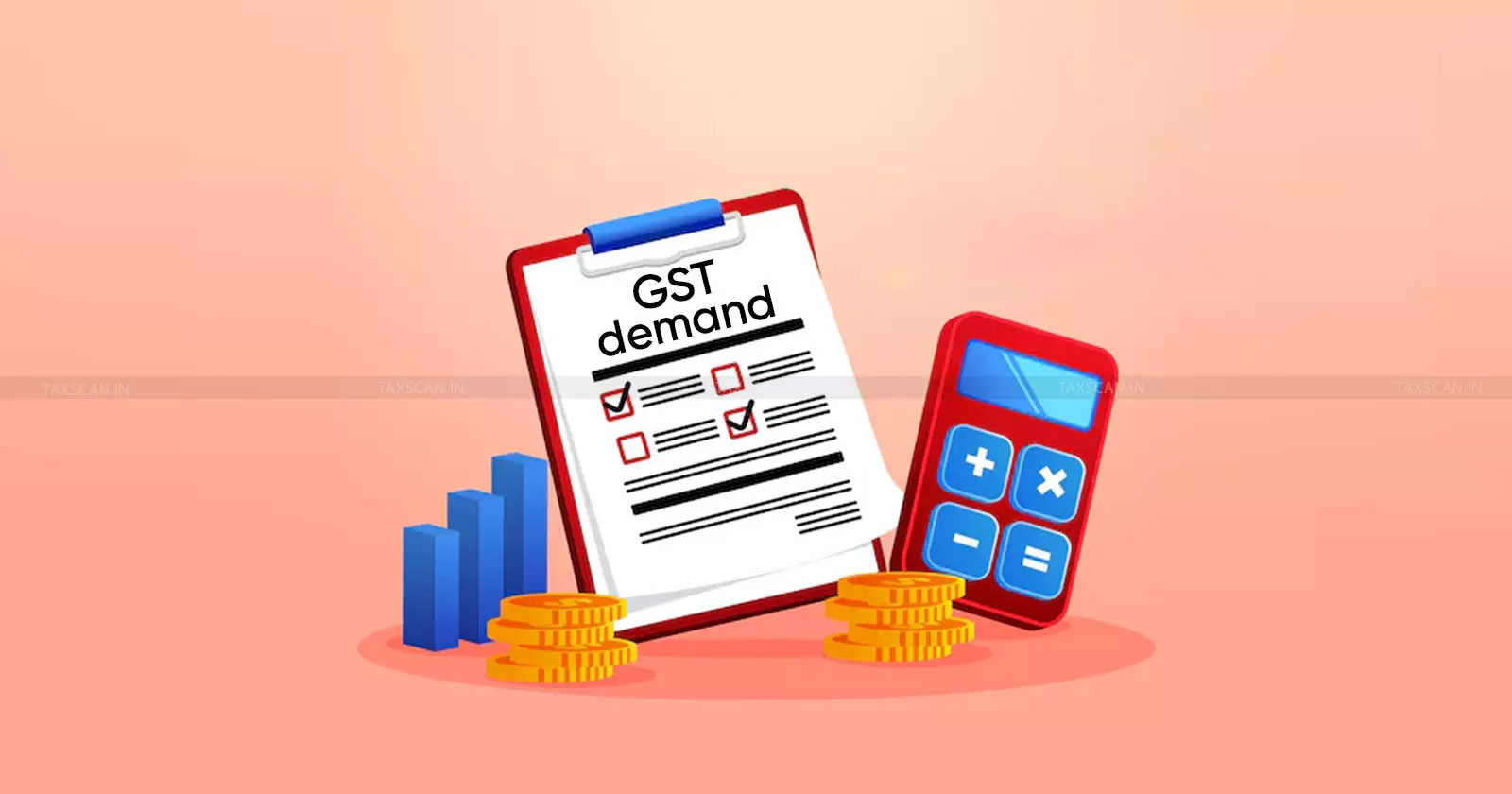Post-Closure Invoices Invalid for CENVAT Credit Transfer: CESTAT Rejects RSPL’s Claim of ₹26 Lakh [Read Order]
The Tribunal’s ruling underscored that substantive entitlement to credit must be demonstrated through clear evidence, and that procedural convenience cannot override the statutory requirement of proof.
![Post-Closure Invoices Invalid for CENVAT Credit Transfer: CESTAT Rejects RSPL’s Claim of ₹26 Lakh [Read Order] Post-Closure Invoices Invalid for CENVAT Credit Transfer: CESTAT Rejects RSPL’s Claim of ₹26 Lakh [Read Order]](https://images.taxscan.in/h-upload/2025/11/13/2104885-cestat-invoice-taxscan.webp)
The Principal Bench of Customs, Excise & Service Tax Appellate Tribunal (CESTAT), New Delhi, while dismissing an appeal, ruled that post-closure invoices are invalid for CENVAT credit purposes, by upholding the department’s decision to disallow credit amounting to ₹26,11,388 claimed under Rule 10 of the CENVAT Credit Rules, 2004.
The appellant, M/s. Rohit Surfactants Pvt. Ltd. (RSPL Ltd.) was engaged in the manufacture of detergent cakes and powders and was registered with the Central Excise Department at its Delhi unit. On 18.12.2009, the appellant surrendered its registration certificate upon shifting its manufacturing activity to Sahibabad, Uttar Pradesh.
Subsequently, through an application dated 08.09.2010, it sought permission to transfer unutilized CENVAT credit of ₹40,15,820 to the Sahibabad unit, asserting that the Delhi factory had been completely vacated.
Departmental scrutiny revealed that, at the time of surrender, only ₹14,04,432 was available as CENVAT balance, and the additional ₹26,11,388 was claimed later through six invoices dated between January and July 2010. Two show cause notices were issued proposing disallowance and reversal of credit ₹14,76,541 relating to acid slurry and ₹10,73,620 relating to outward transportation services.
Understanding Common Mode of Tax Evasion with Practical Scenarios, Click Here
The Adjudicating Authority held that the appellant was ineligible to avail or transfer the disputed CENVAT credit under Rule 10 of the CENVAT Credit Rules, 2004. This order was upheld by the Commissioner (Appeals).
 Also Read:Madras HC Remits GST Demand to STO for Recomputation Interest on Belated Payment and Review ITC Claims [Read Order]
Also Read:Madras HC Remits GST Demand to STO for Recomputation Interest on Belated Payment and Review ITC Claims [Read Order]
On appeal, the CESTAT, by final order, remanded the matter to verify whether the disputed credit pertained to input services received before the surrender of registration. After remand, the original authority again denied the credit, and the Commissioner (Appeals) reaffirmed the decision, leading to the present appeal.
Arguing before the Tribunal, R.K. Ambwani, Consultant for the appellant, contended that the six invoices, although dated after surrender, corresponded to input services actually received and utilized between 2006 and 2009, i.e., prior to the surrender of registration. Additionally, these invoices were issued by the Input Service Distributor (ISD) at a later date and therefore the post-surrender dates should not disqualify their claim.
It was urged that the services, including advertising, telephone, banking, chartered accountancy, consulting, customs house agent, legal, professional, GTA, and travel agent services, were all eligible input services under Rule 2(l) of the CENVAT Credit Rules, 2004.
Further, it was argued that accounts had been audited up to March 2012 without any objection regarding the claimed credits, and that both lower authorities had ignored documentary evidence such as invoices, ledger extracts, and e-challans showing that the services had been received and utilized before the surrender.
Opposing the appeal, Rohit Issar for the Revenue, contended that the appellant had failed to furnish any documentary proof establishing that the services covered under the six invoices were received prior to 18.12.2009, the date of surrender of registration. It was pointed out that all six invoices were dated in 2010 and thus could not relate to services received or used before the unit’s closure.
Master the Latest Amendments in Income Tax Act Click here
 Also Read:Can You Claim Income Tax Benefits for Donations to Foreign Charities? Here’s What You Should Know
Also Read:Can You Claim Income Tax Benefits for Donations to Foreign Charities? Here’s What You Should Know
The counsel stated that no evidence linked these invoices to the manufacture of excisable goods before December 2009, and hence the appellant was ineligible for the claimed credit. Further, it was argued that transfer of credit under Rule 10 of the CENVAT Credit Rules, 2004, was permissible only when such credit existed at the time of shifting, which was not the case here.
The bench of Dr. Rachna Gupta, Judicial Member observed that the six invoices were all dated between January and July 2010, whereas the appellant had surrendered its registration in December 2009. Therefore, the invoices could not establish that the services were received prior to the surrender.
Although the appellant produced ledger extracts and e-challans, the bench noted that these documents did not correspond to the six invoices or establish any nexus between the services and the manufacture of final products. It was further observed that under Rule 10 of the CENVAT Credit Rules, transfer of unutilized credit is allowed only if such credit exists at the time of shifting.
Since the disputed credit arose after surrender, no valid credit existed for transfer. The Tribunal held that this was not a mere procedural lapse but a case of substantive ineligibility due to lack of supporting evidence. Accordingly, the impugned order of the Commissioner (Appeals) was upheld. The appeal was dismissed.
Support our journalism by subscribing to Taxscanpremium. Follow us on Telegram for quick updates


